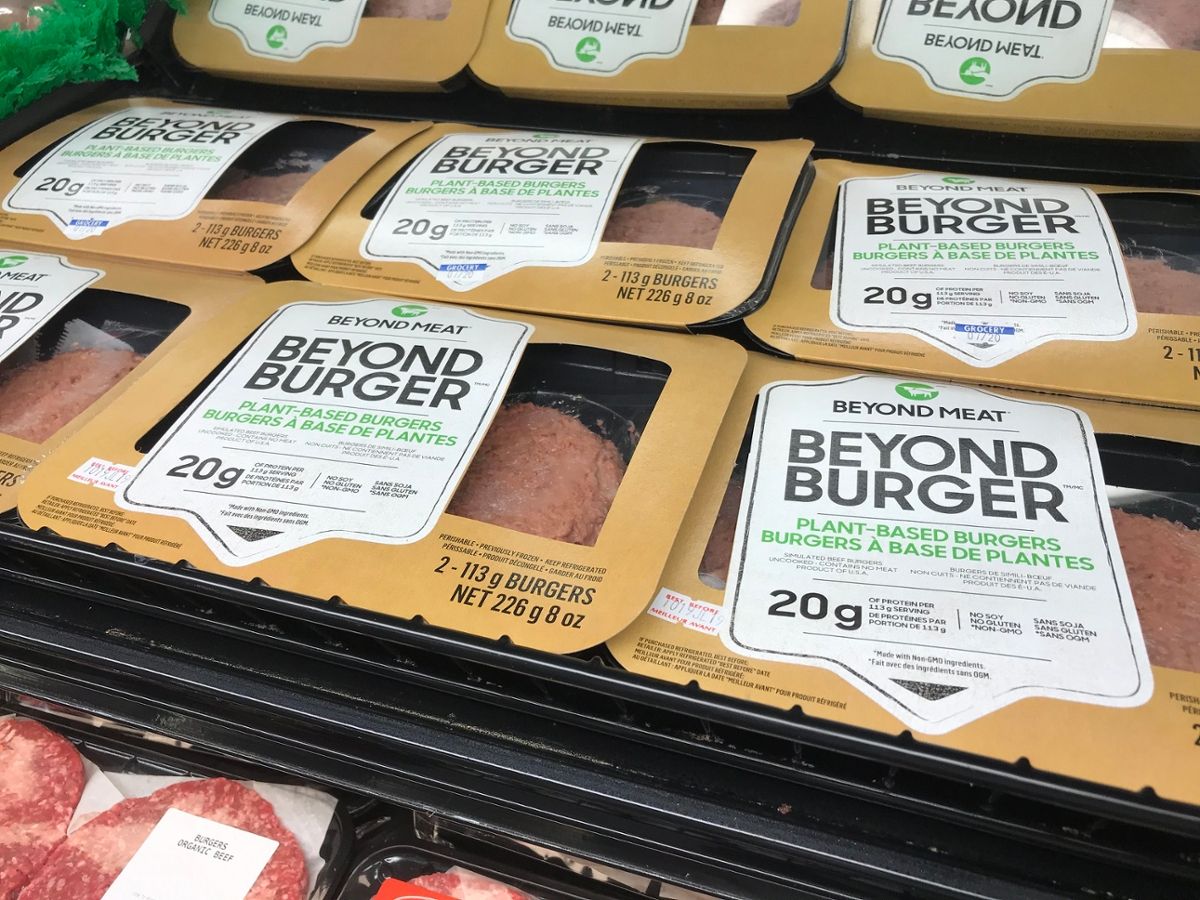Plant-based burgers that taste a lot like beef are now popular options at many restaurants and on many supermarket shelves. But what’s motivating consumers to try out these new plant proteins?
Producers and purveyors of plant meats use all kinds of tactics to get consumers to eat these foods. It’s common to read ads for plant-based patties that say things such as: “Tasty and delicious—just like a beef burger.” But, taste alone won’t convince most Americans to swap out beef for plant proteins. It turns out that emotions play an important role in consumers’ responses to meat-like foods. A 2021 study out of Penn State found that when Americans are exposed to advertising that appeals to their social conscience, they’re more likely to select a plant-based dish than when they’re shown ads promoting the dish’s health benefits, or taste.
Ads with messages such as “Good for the environment and animal welfare” tend to induce positive feelings of doing something good for society and draw more consumers to try out plant-based menu items.
Despite the rise of plant meats, the food industry hasn’t reduced its greenhouse gas levels or land and water use worldwide. That’s because meat consumption is increasing around the world and at home, and plant meat makes up just one percent of the product volume in the meat industry. If more consumers choose plant-based proteins and the demand rises, then the tremendous greenhouse gas emissions from livestock farming could decrease. Those eco benefits attract many consumers, not only vegetarians but meat-lovers, too.










